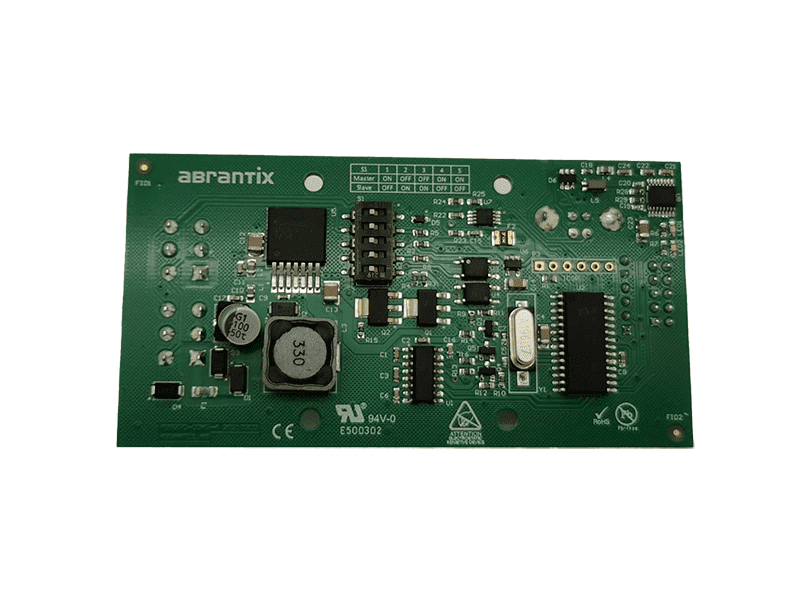What is the MDB Protocol and who invented it?
What is the MDB Protocol and who invented it?
The MDB (Multi-Drop Bus) protocol was developed by the National Automatic Merchandising Association (NAMA) in 1990. The protocol was designed to create a standard communication interface between vending machines and peripheral devices such as payment systems, coin mechanisms, and bill validators. The goal was to simplify the integration of vending machines with these devices and enable vending operators to easily upgrade their machines with new features and capabilities.
Who uses the MDB protocol an in which industries is it predominant?
Who uses the MDB protocol an in which industries is it predominant?
The MDB (Multi Drop Bus) protocol is primarily used in the vending industry for communication between devices such as vending machines, payment systems, and other peripheral devices. As such, the biggest users of the MDB protocol are likely to be companies that operate vending machines, such as vending machine manufacturers and vending machine operators. It's difficult to say which specific company or companies are the biggest users of the MDB protocol, as it is an open standard and widely used throughout the industry. However, some of the major vending machine manufacturers, such as Crane, N&W Global Vending, and Azkoyen, use the MDB protocol in their machines.
What are the benefits of using the MDB protocol in vending machines?
What are the benefits of using the MDB protocol in vending machines?
There are several benefits of using the MDB (Multi Drop Bus) protocol in vending machines, including:
Increased compatibility: The MDB protocol is widely adopted in the vending industry, which means that using it will help ensure compatibility with a wide range of vending machines and payment systems.
Improved efficiency: The MDB protocol allows for faster and more reliable communication between vending machine components, which can improve overall efficiency and reduce downtime.
Enhanced security: The MDB protocol includes built-in security features that help protect against fraud and tampering.
Greater flexibility: The MDB protocol allows for greater flexibility in vending machine design and configuration, which can help manufacturers create machines that better meet the needs of their customers.
Easier maintenance: The MDB protocol simplifies the process of diagnosing and repairing issues with vending machines, which can help reduce maintenance costs and downtime.
Overall, using the MDB protocol in vending machines can help improve performance, reduce costs, and enhance the user experience.
Are there any technical restrictions, problems or specialties you need to know before using the MDB protocol? Does it work with any peripheral device such as Raspberry Pi controllers, payment terminals, bill collectors, etc.?
Are there any technical restrictions, problems or specialties you need to know before using the MDB protocol? Does it work with any peripheral device such as Raspberry Pi controllers, payment terminals, bill collectors, etc.?
While the MDB protocol is a widely used standard in the vending machine industry, there are some technical considerations and limitations to keep in mind.
Firstly, the MDB protocol is designed for vending machine peripherals, so it may not be suitable for other types of devices. While it is technically possible to connect the MDB protocol to a Raspberry Pi or other controller, it may require additional hardware and software development.
Additionally, the MDB protocol is a synchronous serial protocol, which means that it requires a clock signal to synchronize the communication between devices. This clock signal is typically provided by the vending machine's control board, so it may not be possible to use the MDB protocol without an existing vending machine interface.
Finally, while the MDB protocol is a well-established standard, there may be variations in implementation between different manufacturers or models of vending machines. It's important to ensure that any peripheral devices you are using with the MDB protocol are compatible with the specific vending machine you are working with.
Overall, the MDB protocol can be a powerful tool for vending machine integration, but it's important to understand the technical limitations and requirements before getting started.
What are the benefits of a MDB Converter hardware?
What are the benefits of a MDB Converter hardware?
The MDB Converter provides several benefits, including:
Cost-effective solution: Instead of buying a new vending machine that supports the MDB protocol, you can upgrade your existing machines by using the MDB Converter.
Easy installation: The MDB Converter is easy to install and does not require any major modifications to your vending machine.
Versatility: The MDB Converter can convert between serial and MDB protocols, allowing you to use a wider range of peripherals, such as payment systems and telemetry devices.
Improved reliability: The MDB Converter provides a more reliable and stable connection between your vending machine and peripherals, reducing the risk of errors and downtime.
Compatibility: The MDB Converter is compatible with a wide range of vending machines and peripheral devices, making it a versatile and flexible solution for any vending operator.


